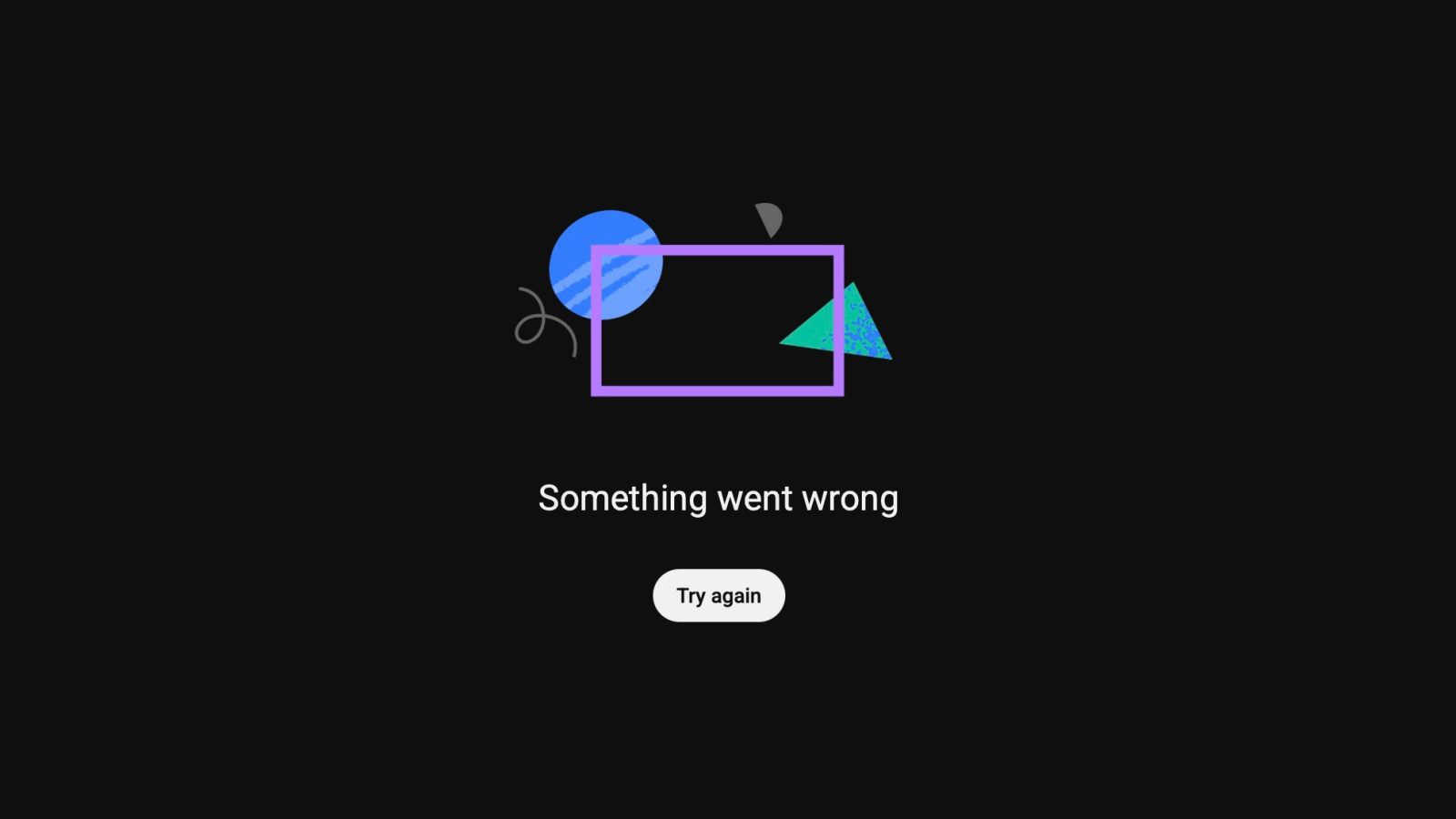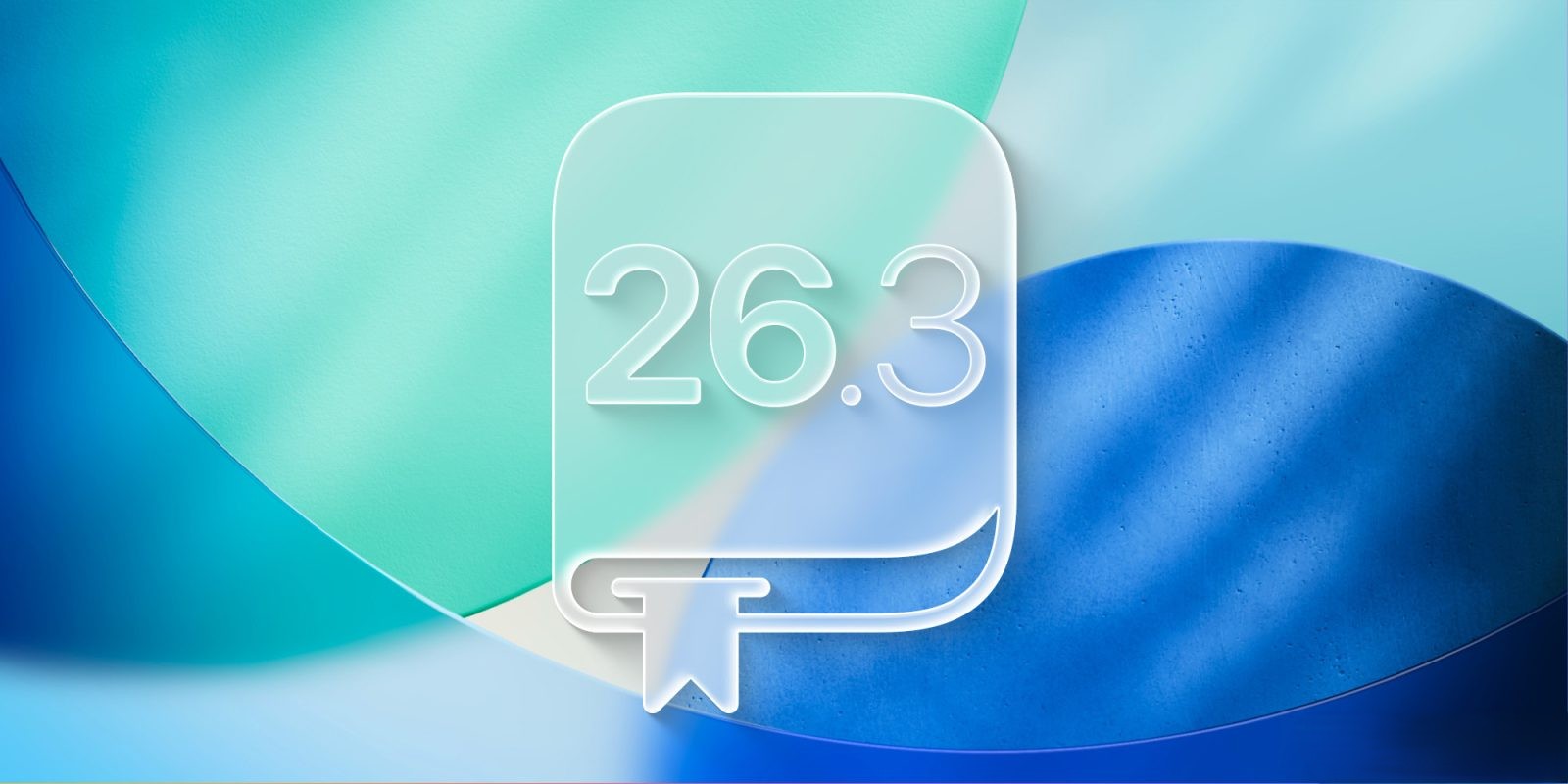In a significant move reflecting the intersection of technology, law enforcement, and civil liberties, Apple has removed the ICEBlock app from its App Store. This decision follows pressure from the U.S. Department of Justice (DOJ) and concerns over the app’s potential risks to law enforcement officers.
Background on ICEBlock
ICEBlock was a widely used application that allowed users to anonymously report and track the locations of U.S. Immigration and Customs Enforcement (ICE) agents. The app aimed to inform communities about nearby ICE activities, enabling individuals, particularly undocumented immigrants, to avoid potential encounters. Since its launch, ICEBlock had garnered over a million users, reflecting its significant role within certain communities.
DOJ’s Intervention and Apple’s Response
The removal of ICEBlock came after the DOJ, under Attorney General Pam Bondi, contacted Apple, urging the app’s removal due to safety concerns. Bondi stated, ICEBlock is designed to put ICE agents at risk just for doing their jobs, and violence against law enforcement is an intolerable red line that cannot be crossed. She emphasized the DOJ’s commitment to protecting federal law enforcement officers who risk their lives daily to ensure public safety.
Apple, in response to the DOJ’s request, stated, We created the App Store to be a safe and trusted place to discover apps. Based on information we’ve received from law enforcement about the safety risks associated with ICEBlock, we have removed it and … . This action underscores Apple’s policy of aligning with law enforcement recommendations when potential safety risks are identified.
Developer’s Reaction and Civil Liberties Concerns
Joshua Aaron, the developer of ICEBlock, expressed strong opposition to the app’s removal. He argued that the app was not intended to harm law enforcement but to inform and protect communities. Aaron stated, Capitulating to an authoritarian regime is never the right move. Apple has claimed they received information from law enforcement that ICEBlock served to harm law enforcement officers. This is patently false. He further emphasized his determination to contest the removal, highlighting the app’s mission to protect communities from what he described as the administration’s oppressive actions.
Civil rights advocates have also raised concerns about the implications of this decision on free speech and due process. They argue that the removal of ICEBlock could set a precedent for the suppression of tools designed to inform and protect vulnerable communities. The tension between ensuring public safety and upholding civil liberties remains a contentious issue, especially in the context of heightened immigration enforcement.
Context of Increased Immigration Enforcement
The removal of ICEBlock occurs amid intensified immigration enforcement under President Donald Trump’s administration. Since taking office, the administration has implemented aggressive measures targeting undocumented immigrants, visa holders, and even permanent residents involved in certain advocacy activities. These actions have led to widespread raids, arrests, and deportations, prompting significant public discourse and protest.
The administration’s hardline stance on immigration has been met with both support and criticism. Supporters argue that strict enforcement is necessary for national security and upholding the rule of law. Critics, however, contend that such measures infringe upon human rights and disproportionately affect marginalized communities.
Implications for Technology Companies
Apple’s decision to remove ICEBlock highlights the complex position technology companies occupy in balancing user privacy, public safety, and governmental pressure. While companies like Apple aim to provide platforms for innovation and free expression, they also face obligations to comply with legal and safety considerations.
This incident raises questions about the role of tech companies in moderating content and the extent to which they should intervene in politically sensitive issues. The removal of ICEBlock may prompt other tech companies to reevaluate their policies and the potential implications of hosting similar applications.
Conclusion
The removal of ICEBlock from the App Store serves as a focal point in the ongoing debate over immigration enforcement, civil liberties, and the responsibilities of technology companies. As the landscape of immigration policy continues to evolve, the actions of both governmental bodies and private companies will remain under close scrutiny. The balance between ensuring public safety and protecting individual rights is delicate, and decisions like these will likely continue to spark significant discussion and analysis.



